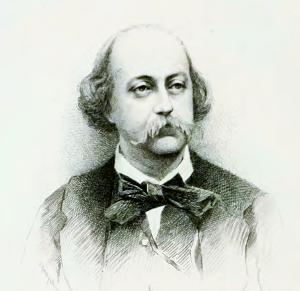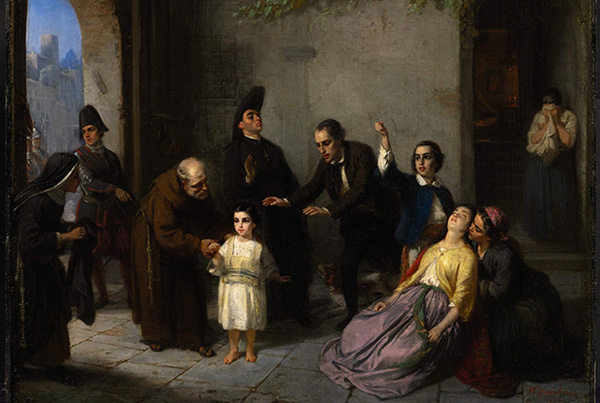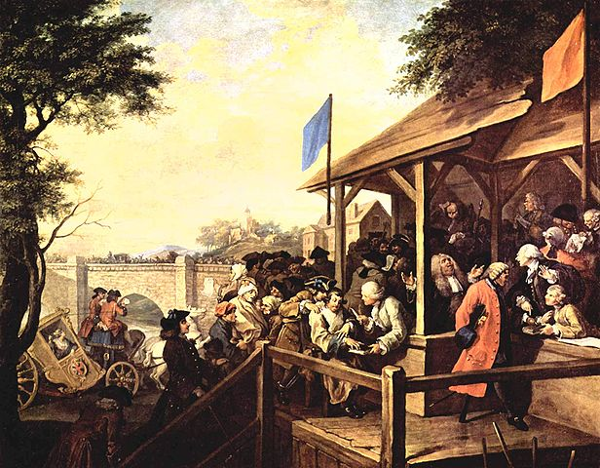
At his death in 1880, Gustave Flaubert left behind notes for a Dictionary of Received Ideas, a list of the trite utterances that people repeat inevitably in conversation:
- accident: Always “regrettable” or “unlucky” — as if a mishap might sometimes be a cause for rejoicing.
- Archimedes: On hearing his name, shout “Eureka!” Or else: “Give me a fulcrum and I will move the world.” There is also Archimedes’ screw, but you are not expected to know what that is.
- bachelors: All self-centered, all rakes. Should be taxed. Headed for a lonely old age.
- book: Always too long, regardless of subject.
- classics: You are supposed to know all about them.
- forehead: Wide and bald, a sign of genius, or of self-confidence.
- funny: Should be used on all occasions: “How funny!”
- gibberish: Foreigners’ way of talking. Always make fun of the foreigner who murders French.
- handwriting: A neat hand leads to the top. Undecipherable: a sign of deep science, e.g. doctors’ prescriptions.
- jury: Do everything you can to get off it.
- metaphors: Always too many in poems. Always too many in anybody’s writing.
- original: Make fun of everything that is original, hate it, beat it down, annihilate it if you can.
- pillow: Never use a pillow: it will make you into a hunchback.
- restaurant: You should order the dishes not usually served at home. When uncertain, look at what others around you are eating.
- taste: “What is simple is always in good taste.” Always say this to a woman who apologizes for the inadequacy of her dress.
- war: Thunder against.
- young gentleman: Always sowing wild oats; he is expected to do so. Astonishment when he doesn’t.
“All our trouble,” he wrote to George Sand, “comes from our gigantic ignorance. … When shall we get over empty speculation and accepted ideas? What should be studied is believed without discussion. Instead of examining, people pontificate.”
(Thanks, Macari.)




